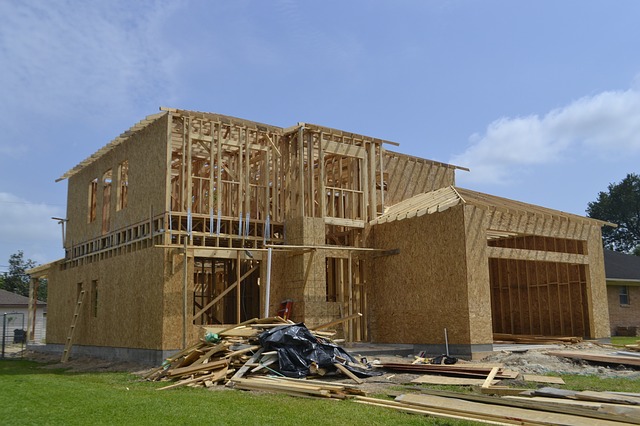
Whilst many would consider bonds or stocks to be top dogs in the investing world, property investment is also proving to be a rather lucrative and exciting prospect at the moment.
A relatively low-risk investment there’s great potential to earn a steady, passive income from rental properties.
Real estate is considered as a piece of an alternative asset, just like bonds and stocks. Real estate is categorized into two; active and passive real estate investing, depending on how often the owner gets involved indirectly supporting the investment.
An active real estate investing usually involves a lot of work since you are directly supporting the investment. In addition to controlling the investment, you are likely to enjoy much better tax benefits at low costs.
In passive real estate investing, you invest through crowdfunding, real investment trusts, syndications, and real estate funds. This type of real estate investing requires no experience or much work in offering liquidity and diversification.
This article will discuss more on what is meant by the term passive real estate investing. In addition, it will include the different vehicles for a real estate investment.
Passive Real Estate Investing
Passive real estate investing is simply a real estate investment whereby the owner is not involved in any active participation or substantial hands-on effort. This investment approach is among the most intelligent ways of investing in real estate.
There exist pretty simple methods of making cash in passive real estate that come along with good tax benefits. For example, the Delaware statutory trust 1031 is a great tax deferring vehicle for investors. Below are other ways in which you can invest in real estate passively.
Ways of Passive Real Estate Investing
Investing In Real Estate Investment Trusts (REITs)
REITs include trusts, corporations, and associations involved in real estate investments without purchasing or maintaining the property. This type of investment ideally benefits fixed-income portfolios and equities because of its broad diversification, low-risk factors, and potential appreciation.
If you are looking for a passive investor for your real estate, then REITs are the best since they have low investment costs and are traded the same way with stocks. However, it usually leaves relatively less money at the reinvestment’s end, thus becoming a terrible choice for income-oriented investors.
Real Estate Funds
Real estate funds are mutual funds investments in real estate, the most common being investing through REITs. These investments offer appealing benefits to the passive investors, like greater diversification to reduce risks and provide a higher potential return. Commercial investments like retail, land, apartment complexes and offices are the most common real estate investments where real estate funds are applied.
Crowdfunding
In passive real estate investing, the term crowdfunding is used to describe a group of investors who contribute money to become part of the investment. Since this is a multi-million dollar venture, the investors are required to make vast amounts of contributions.
This mostly comes to rescue the real estate investors who have insufficient funds to complete a project. The other investors pool their resources to complete it and sell it at an ideally high profit.
Typically, real estate crowdfunding managements and operations are online. After the selection, the various investors’ funds are pooled, and the deal is closed. At this point, the investors observe their investments’ performance to collect any passive share that accrues with their particular contributions.
Investing in a Turnkey Rental Property
This is the most common vehicle in passive real estate investing since it is involved with a steady money flow that comes with less interference. Mainly, the investors act as silent partners with a legwork person available. Turnkey rental property usually involves putting in some money to acquire the real estate.
After this, a management company takes the responsibility of finding tenants and maintaining the property. It oversees the management while ensuring that the real estate is always occupied by good quality tenants who will pay their rents promptly, thus increasing the property’s equity.
These management companies are ideally beneficial to the real estate investors who might find it pretty challenging to manage tenants and rentals. Once the turnkey rental property is successful, there is an increase in income and decreased expenses. Thus, both the real estate owner and investor make good profits from the real estate investment.
Conclusion
Passive real estate investing is a clever way of investing in real estate. The vehicles listed above are the best to use passively in real estate. Passive real estate investments are beneficial to the investors since they are likely to provide a steady passive income while enjoying tax benefits. However, be ready for illiquidity and high transaction costs.